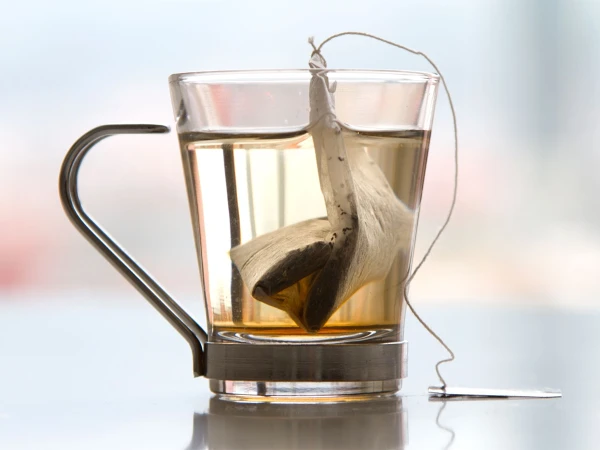A recent study has revealed that tea bags used for brewing tea can have harmful effects on human health. The growing issue of plastic pollution, along with the environmental challenges it brings, is increasingly posing health risks to future generations. Food packaging is a major contributor to microplastics and nanoplastics, which are entering the human body through food.
A study conducted by the University of Alabama’s Myota Genisis Group successfully categorized the microplastics and nanoplastics released from various commercially available tea bags. The researchers observed that when these tea bags were placed in water, a significant number of nano-sized particles and fiber-like structures were released, contributing to the source of micro and nano plastics.
The tea bags used for the study were made from polymers such as nylon-6, polypropylene, and cellulose. The study, published in the Chemosphere journal, showed that when tea is brewed, polypropylene releases about 12 billion particles per milliliter, with an average size of 136.7 nanometers. Cellulose releases approximately 1.35 billion particles per milliliter, with an average size of 244 nanometers. Nylon-6 releases around 8.18 million particles per milliliter, with an average size of 138.4 nanometers.
Researcher Alba Garcia mentioned that the team of scientists has developed a new method for categorizing these polluted particles, which could be crucial for further research on their potential health impacts.







